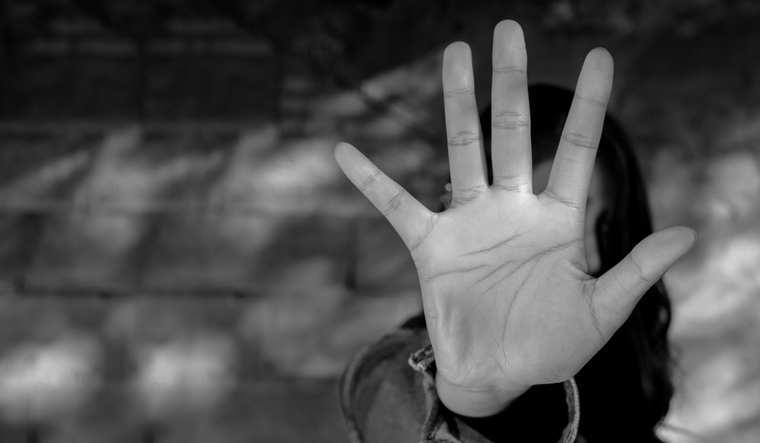Disclaimer*: The articles shared under 'Your Voice' section are sent to us by contributors and we neither confirm nor deny the authenticity of any facts stated below. Parhlo will not be liable for any false, inaccurate, inappropriate or incomplete information presented on the website. Read our disclaimer.
This article was originally submitted by Sana Ali
1) A national sexual assault hotline. Help needs to reach the victim asap. They should never have to hear that the number; they called on does not have enough staff or cars right now, or worse no one picks up.
2) Rape kits available in all government hospitals; so that crucial evidence isn’t lost because of delay in tests or lack of equipment.
3) Guaranteeing the anonymity of the victim in media. Getting the victim’s identity out there isn’t helping anyone.
4) Use of empathetic language by media and law enforcement officials. The victim should have the legal right to file a defamation case against anyone who tries to slander; their character, their dressing or imply that their poor choices/circumstances led to the assault.

5) Fast track courts. Rape cases should be processed swiftly. The victims need to feel that they have been heard and justice has been served.
6) Inclusion of binary and non-binary genders; From what I know, rape laws in Pakistan talk only about women as sexual assault victims. These laws need to include men and trans individuals as victims too.
7) Punishment for rape cases should be severe but this is already true on paper. It is the mishandling of the victim, lack of processes and a slow/unjust judicial system – that these cases lead to nowhere.
8) Inclusion of age-appropriate sex-ed and CONSENT in middle school and above. If we can talk about the rapes of children under 7, maybe it’s time we stop shying away; from educating our children about these using the right content.







